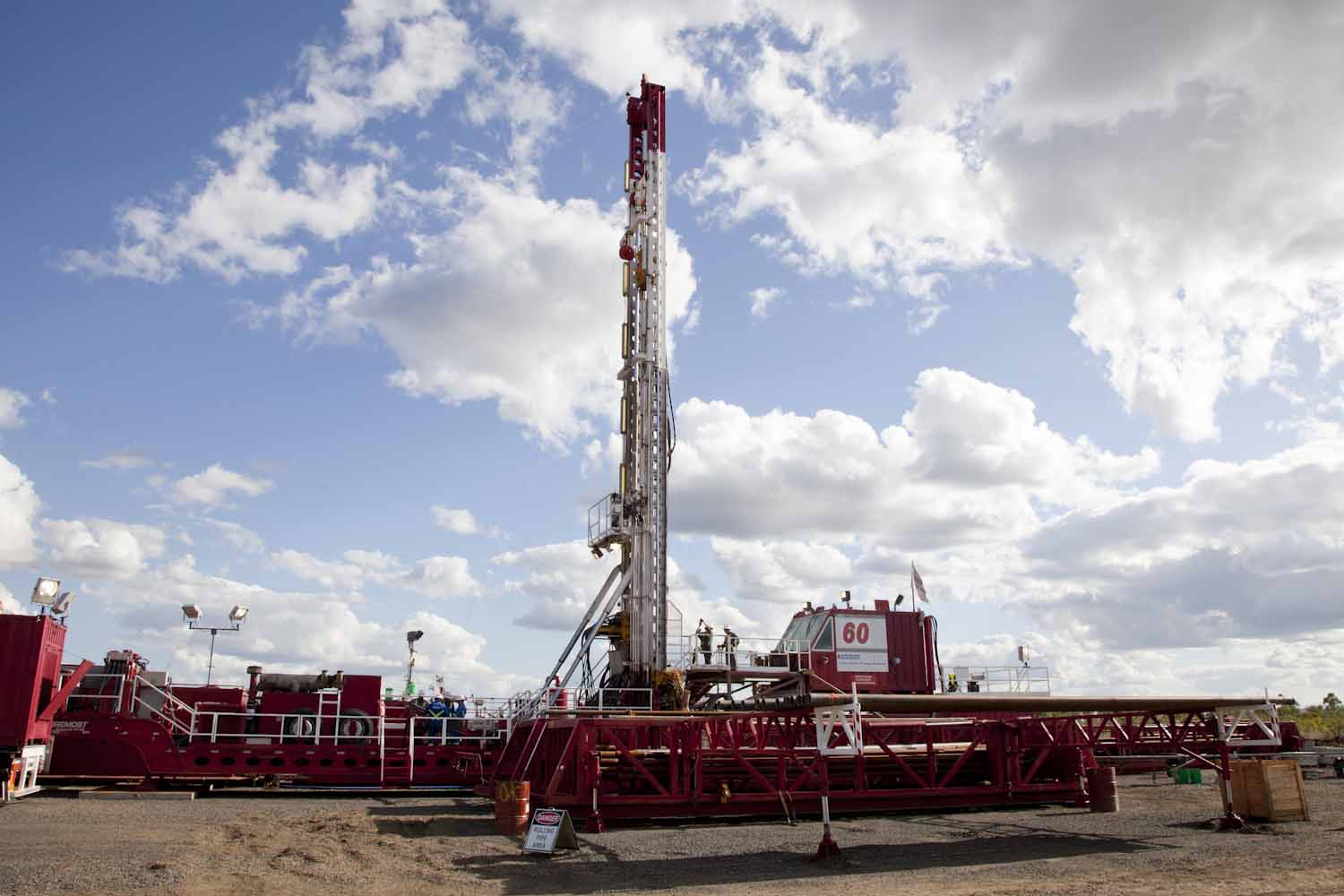APPEA has welcomed the National Energy Guarantee announced last week as a new approach to the perennial policy challenge of cutting emissions from electricity generation without crudely picking winners or jeopardising reliability.
“APPEA supports market-based policies which deliver least cost abatement, without putting at risk Australia’s trade-exposed industries. Our principles-based approach means that we are open to supporting different models, provided they deliver similar results,” said APPEA Chief Executive Dr Malcolm Roberts.
“We have supported an emissions-intensity scheme and a clean energy target. At first inspection, the National Energy Guarantee offers a new way to cut emissions, in line with Australia’s international commitments, while strengthening reliability.
“The guarantee will impose new obligations on electricity retailers to deliver dispatchable power while reducing the emissions intensity of their generation mix.
“It will be vital that there is certainty about these obligations and the regulatory arrangements do not inhibit the entry of new retailers.
“The guarantee makes no changes to the Renewable Energy Target (RET). Renewable energy will continue to have a growing, mandated share of the national electricity market to 2020, with that share fixed until 2030.
“On-call gas-fired electricity generation will continue to back up intermittent renewable generation. Renewable projects will also have a new incentive to create firm dispatchable power.
“This will provide new opportunities for natural gas and renewables to partner in providing affordable, reliable and low-emissions energy to Australian consumers and industry.
“However, a mix of policy indecision, restrictive regulation and politically motivated bans and moratoriums – particularly in New South Wales and Victoria – has stymied gas exploration and development.
“This threatens Australia’s transition to a cleaner energy future.
“Removing those bans and moratoriums is more important than ever.”
The Government confirmed that the guarantee will ensure electricity used by trade-exposed industries remains exempt from an emissions liability.
Dr Roberts noted that the outcomes of the 2017 Climate Change Review have not yet been finalised.
“It is crucial that the Review’s outcomes complement the announcements made today and that they help Australia meet its emissions reduction commitments at least cost and ensure our climate policy does not make our trade-exposed industries less competitive,” he said.




